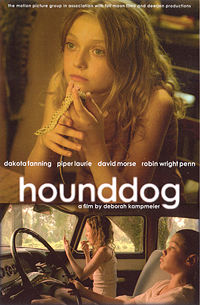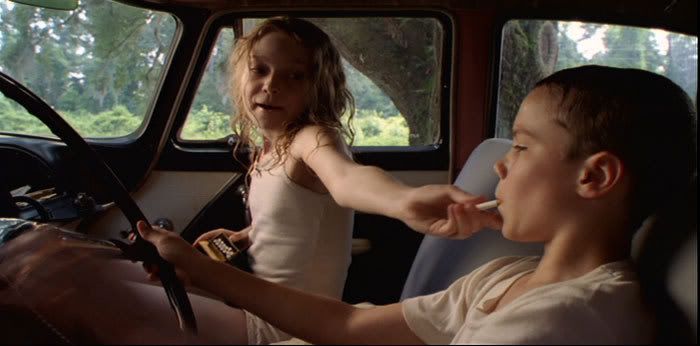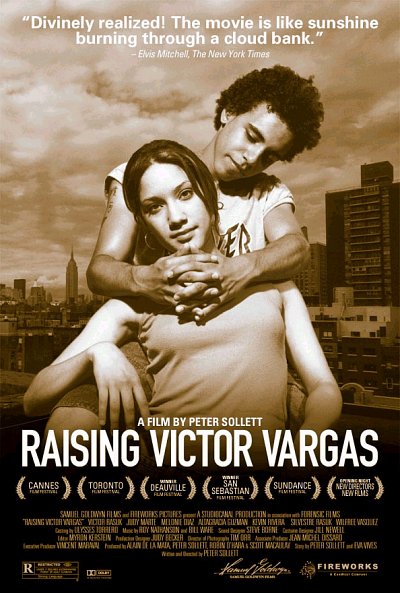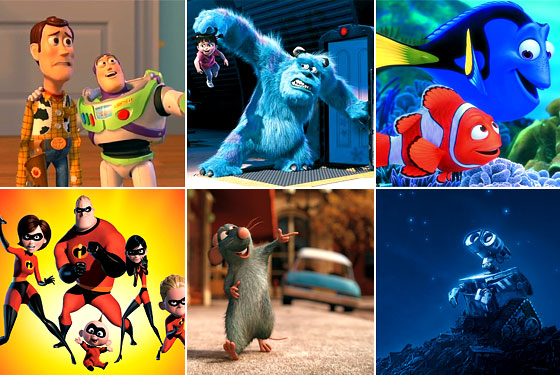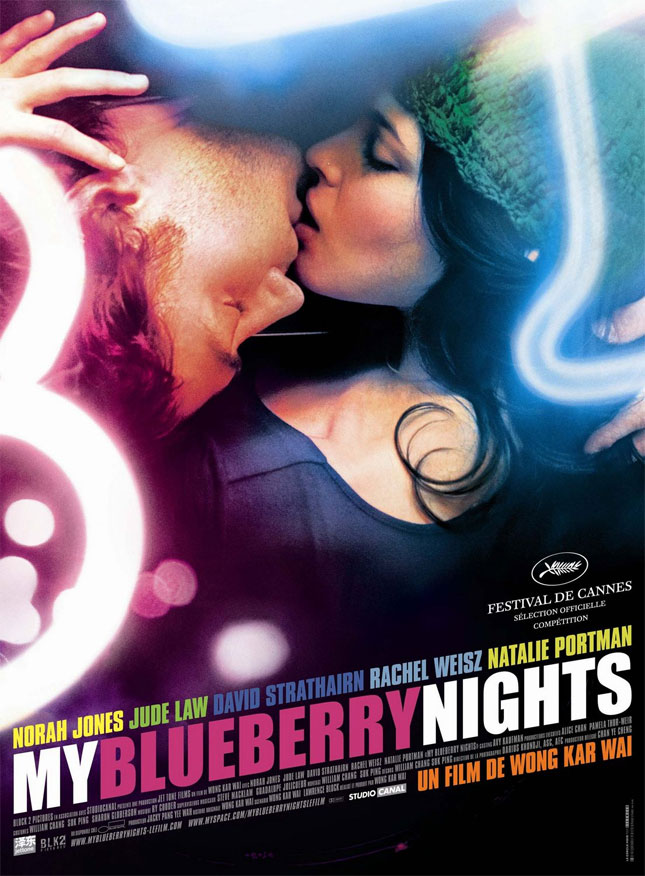
Good Dick. That's right, it's a movie. And why yes it is referring to what you're thinking. And erotica and sex play large roles in the film, but it is actually a down to earth tale of a troubled, sensitive boy who courts a damaged, defensive girl. Written, directed, and starring Marianna Palka, the film is a gem of the indie world right now. Her co-star, Jason Ritter, performs the caring and needy guy to a tee. And different from many twenty-something movies recently, this doesn't feel contrived or desperate to seek attention.
I was pleasantly surprised to see Martin Starr, of such fame as the Apatow clan provides - most notably as Bill Haverchuck in Freaks and Geeks and Martin (the friend who doesn't shave) in Knocked Up. He can do no wrong in my book, and this film allows him
 an angsty character with great lines and a bit more screen
an angsty character with great lines and a bit more screen 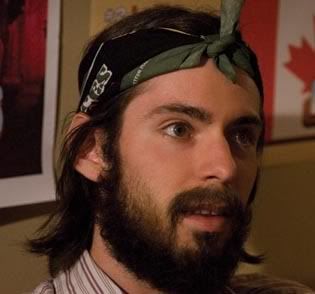 time than some of Apatow's recent fare provided. I would love to see him star in a film soon. Perhaps one more along the lines of Good Dick than Superbad. Other co-stars include Tom Arnold and Mark Webber, aka 'Designated Dave' of the 90s classic, Drive Me Crazy.
time than some of Apatow's recent fare provided. I would love to see him star in a film soon. Perhaps one more along the lines of Good Dick than Superbad. Other co-stars include Tom Arnold and Mark Webber, aka 'Designated Dave' of the 90s classic, Drive Me Crazy.(Not laugh out loud) Humorous and touching, Palka wrote a story that really captured the troubles of vulnerability and relationships many have. Her character frequently rents erotica from CineFile, the video store where Jason Ritter's character works. As he grows smitten, he tracks her down and begins stalkerly befriending her. After much hesitation, she finally gives in and he ends up crashing on her couch and trying to start a relationship based on their mutual appreciation for the video genre. However, for an undisclosed reason, Palka's character keeps her guard up, refusing to admit any attraction or even acceptance of him, even though her willingness to let him stay says otherwise. The film follows the two as he tries to break her shell and she tries desperately to keep it in tact.

Taking place in pretty much 3 locations - video store, apartment, and car - the gritty, extremely low-budget feel of the movie goes along very well with the acting and sensibility of the message. Honest, stylized, and realistic, I would recommend this over the mumblecore genre of films advertised as "so real its almost not a movie," such as the most recent, Nights and Weekends.
There are a few awkward moments and Ritter's character could have used more development, but all in all, the film unfolds very naturally, as though observing people in their typical daily routines, learning about their pasts from the first to last scene. No extreme events or atypical fantastical moments can be found here. Instead it is a frank, at times abrasive film about relationships post baggage, love post hurt, and how twenty-somethings learn to stand on their own two feet.
Unlike other movies I have seen recently, this is a film that spoke to me in my current twenty-something student soon-to-be unemployed, romantically frustrated state.
It was released in the U.S. October 17, 2008 in limited release. So check your nearest indie theater, and get yourself some Good Dick.
